Father Pasolini: A Call to Open the Heart in Advent
First Christmas Meditation
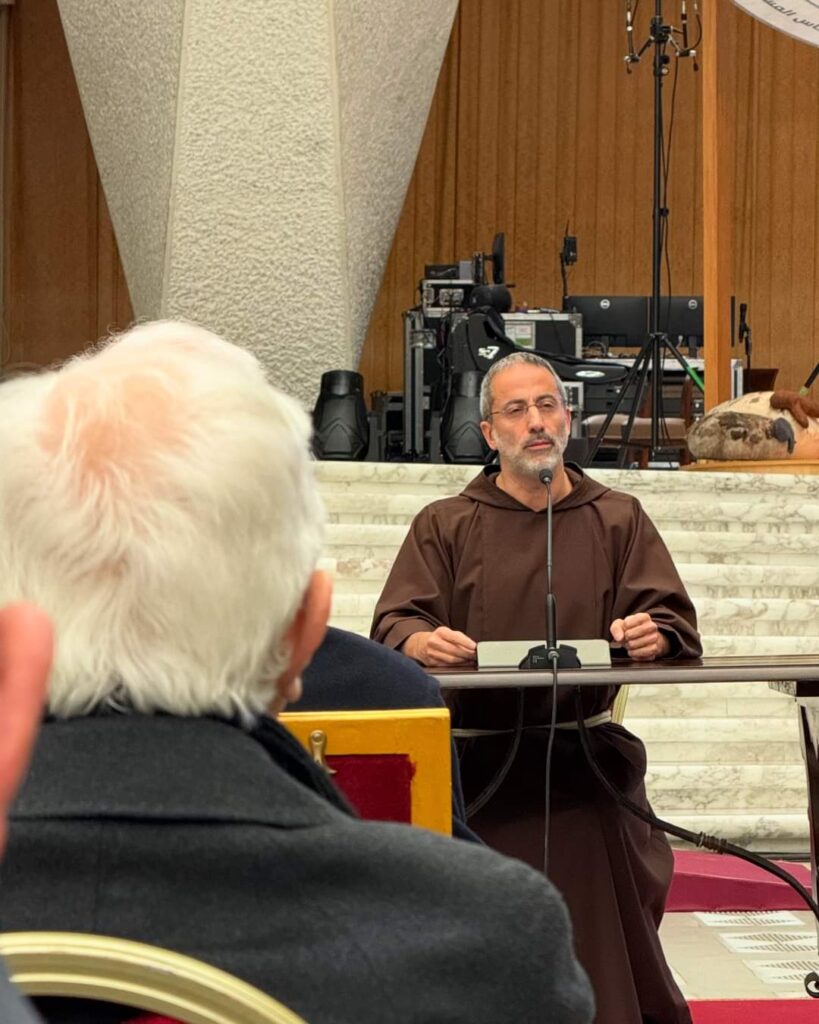
This morning, in the Paul VI Hall, the first of the Christmas meditations was offered by the new preacher of the Papal Household, Father Roberto Pasolini. In his reflection, entitled “The Door of Wonder,” he invited us to open our hearts to the newness of God and to recognize “the seeds of the Gospel” already present in our daily lives. Through the example of the prophets, Mary and Elizabeth, Father Pasolini encouraged us to rediscover the hope and mercy of God, bringing it to the world.
 Wonder as the First Movement of the Heart
Wonder as the First Movement of the Heart
Father Pasolini began his meditation by emphasizing that wonder at the Incarnation is the first necessary step to approach the Birth of the Lord. Like Mary, who, upon receiving the angel’s announcement, allowed herself to be guided by God’s will with freedom and awareness, we must free ourselves from the fears and rigidities that close our hearts, such as resignation or cynicism. Only in this way will we be able to look at reality with new eyes and recognize the “seeds of the Gospel” already present, ready to transmit God’s hope to those around us.
 The Voices of the Prophets: Warning and Hope
The Voices of the Prophets: Warning and Hope
In his sermon, Pasolini pointed out the importance of listening to the voices of the prophets, whose words, like those of Jeremiah, call us to reflection and open us to hope. Although it is often difficult to accept new promises of light, especially when our lives have been marked by suffering and disappointment, the prophets remind us that God always has something new for us. The invitation is to awaken wonder at what God still wants to accomplish in our lives and in the history of the world.
 The Courage of Elizabeth and the Humility of Mary
The Courage of Elizabeth and the Humility of Mary
Father Pasolini then highlighted the figures of Elizabeth and Mary as models of openness to the newness of God. Elizabeth, by saying “no” to family tradition and giving a different name to her son, John, teaches us that sometimes it is necessary to break with the flow in order to open ourselves to what God proposes. “God uses mercy,” explains Pasolini, a message that reminds us that, despite our roots and traditions, we can always renew ourselves through divine grace.
On the other hand, Mary shows us the humility of accepting God’s will, even when it involves the unknown and the difficult. Like Mary, we too are called to say “yes” to the divine plan, despite the fears and uncertainties it may generate. This “yes” is not easy; every authentic decision, according to the Gospel, requires total surrender, willing to give up certainties and privileges to follow the path of Christ.
 Mary’s Response: The “Yes” That Transforms
Mary’s Response: The “Yes” That Transforms
Father Pasolini’s reflection culminated with a meditation on Mary’s “yes” to the angel Gabriel. Mary did not fully understand God’s plan, but she freely and consciously agreed to participate in it. Her response, “Behold, I am the handmaid of the Lord; let it be done to me according to your word,” is an example of how we must give ourselves completely to the divine will, without reservations or conditions. In doing so, we find true freedom and purpose in our lives.
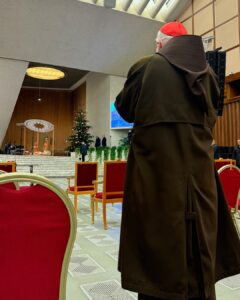
Opening Ourselves to the New of God
Father Pasolini concluded his reflection by inviting us to open our hearts to the mystery of the Incarnation. In this time of Advent, we are called to rediscover wonder at the presence of God in our lives and in the history of the world. Like Elizabeth and Mary, we must be willing to say “no” to routines and “yes” to the new things that God wants to do in us, trusting that, despite the challenges, there is always hope in his love.
Related
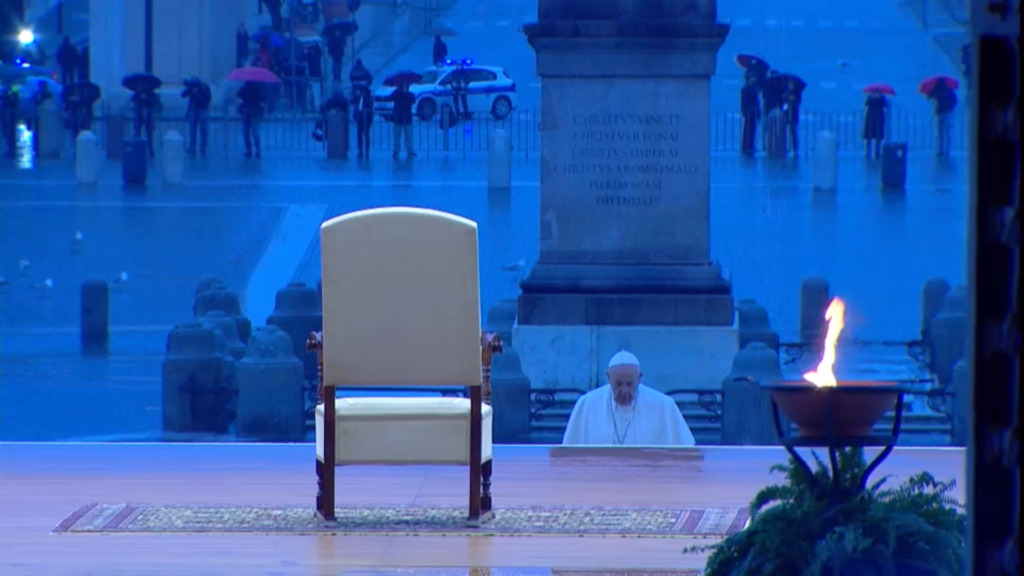
Five Years After Statio Orbis: Hope in the Midst of the Storm
Exaudi Staff
27 March, 2025
2 min
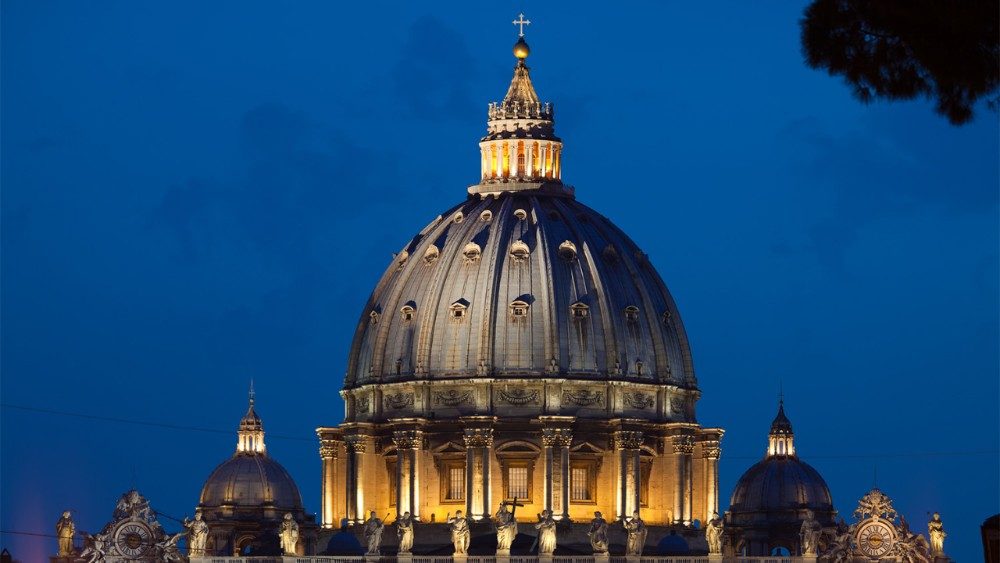
St. Peter’s Dome Will Have New Lighting for Easter
Exaudi Staff
20 March, 2025
1 min
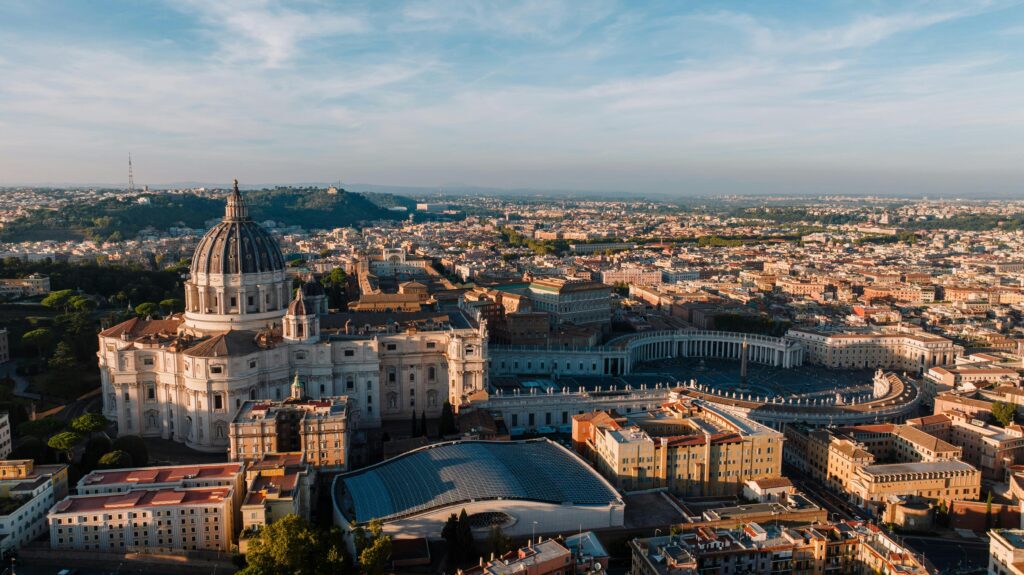
In St. Peter’s Basilica, the ancient rite of the “Statio Lenten” (Lent Station)
Exaudi Staff
17 March, 2025
2 min
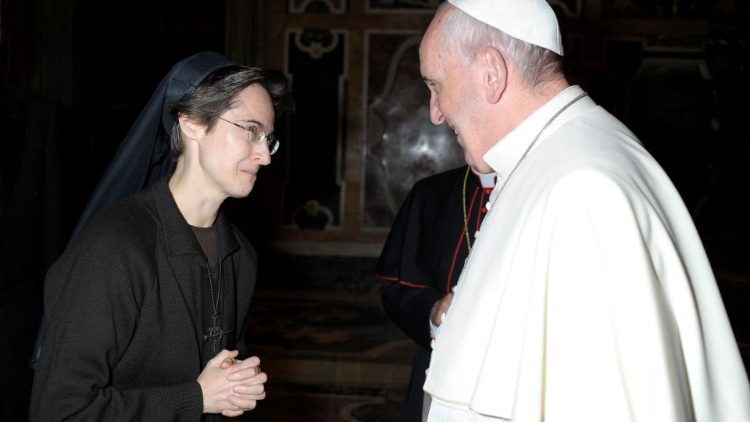
Sister Raffaella Petrini appointed as new president of Vatican Governorate
Exaudi Staff
17 February, 2025
1 min
 (EN)
(EN)
 (ES)
(ES)
 (IT)
(IT)

